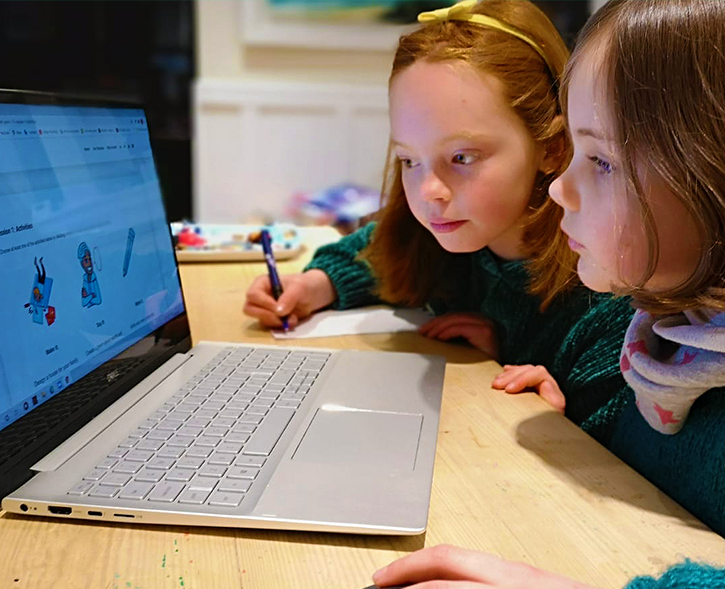MyBnk is celebrating Talk Money Week with 5 top tips for adults to talk about money during the cost-of-living crisis. 
Talk Money week is a UK awareness initiative taking place from 6th-10th November, run by The Money and Pensions Service. It aims to kickstart conversations on everything from budgeting and banking to saving and pensions.
Research shows the cost of living crisis is he major worry for over half of young people. However, 55% of people in Britain don’t feel comfortable opening up about their financial worries.
People who talk about money are more likely to:
- make better and less risky financial decisions
- have stronger personal relationships
- help their children form good lifetime money habits
- feel less stressed or anxious and more in control
Talking about money clearly has huge benefits, and the earlier you start the better! Our financial education experts have come up with five top tips to help you discuss money with young people in your lives in these challenging financial times.
1. Don’t be afraid to talk and be open
Money can be a taboo topic. People often find it hard to talk about money due to shame, anxiety, and fear of being a burden to others. It can feel even more daunting talking to young people about money when you are the adult, but the more open and honest you can be, the more likely they are to develop a healthy relationship with their finances.
You don’t have to share every detail of your personal finances but beginning conversations about the fact money is finite and the true cost of what you are spending money on can be a great start.
2. Find out what they already know
Ask the young people in your life what they already know about finances, particularly what they might have heard about the cost-of-living crisis and energy bills. You may find that they are hearing all kinds of information from unreliable sources and are more worried than they need to be.
If you don’t talk, there is no way of knowing if young people have misconceptions about money that could become deeply held beliefs.
3. Model good habits
The earlier someone builds good financial habits, the more likely they are to keep them in the future. Talk to the young people in your life about some of your good money habits. For example, do you take a packed lunch to work? Do you walk instead of paying for transport? Do you sell items you no longer use or need online? There are all kinds of good money habits and you will certainly have some of these. See if they can think of any of their own.
Think about habits around the cost of living too – can you talk about and model habits like turning off lights in empty rooms, turning off plugs at the wall and using cheaper appliances in the house? You could even make it into a competition to see who can save the most energy.
4. Start talking budgets with them
Talking about practical ways to manage your money can remove some of the fear and lack of control you may have around it in these challenging financial times. Show the young people in your life how you budget and see if you can do some practice budgeting together. For instance, you could budget food shops or holidays with young people.
Some banking apps provide insights on spending and can help them understand the difference between their needs and wants. Starling, Monzo, Daily Budget and Yolt are some to consider. Otherwise, a good old-fashioned Excel spreadsheet will do the trick.
5. Give them some financial independence
Having their own money to budget and look after can really help young people understand its value. If you know young people who are earning, encourage them to think about how many hours it took them to save up for something before they could afford to buy it. An allowance for young children can give them this sense of control and responsibility. Have conversations about how they can be careful with their money, and remind them that they won’t have any more until their next allowance day if they spend it all.
Encouraging them to practice saving can also set them up for the future. Talk about saving and see how much is practical for them to put away. Remember, little and often can really add up so even if a very young person is just saving 50p a week this consistent habit could be better than a one-off big save!
Find free Talk Money Week resources for parents and teachers on our free resources page.
The MyBnk Team




